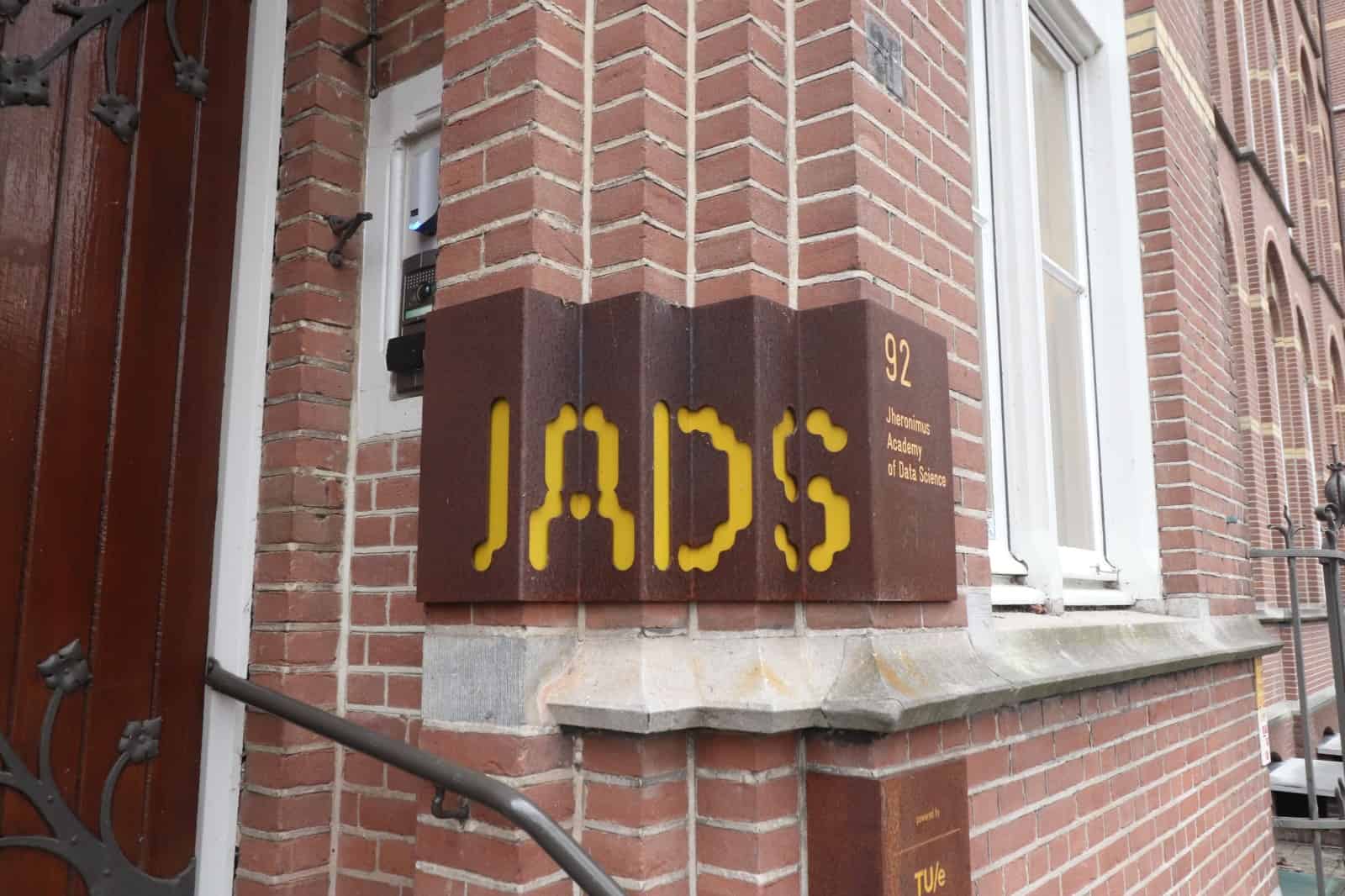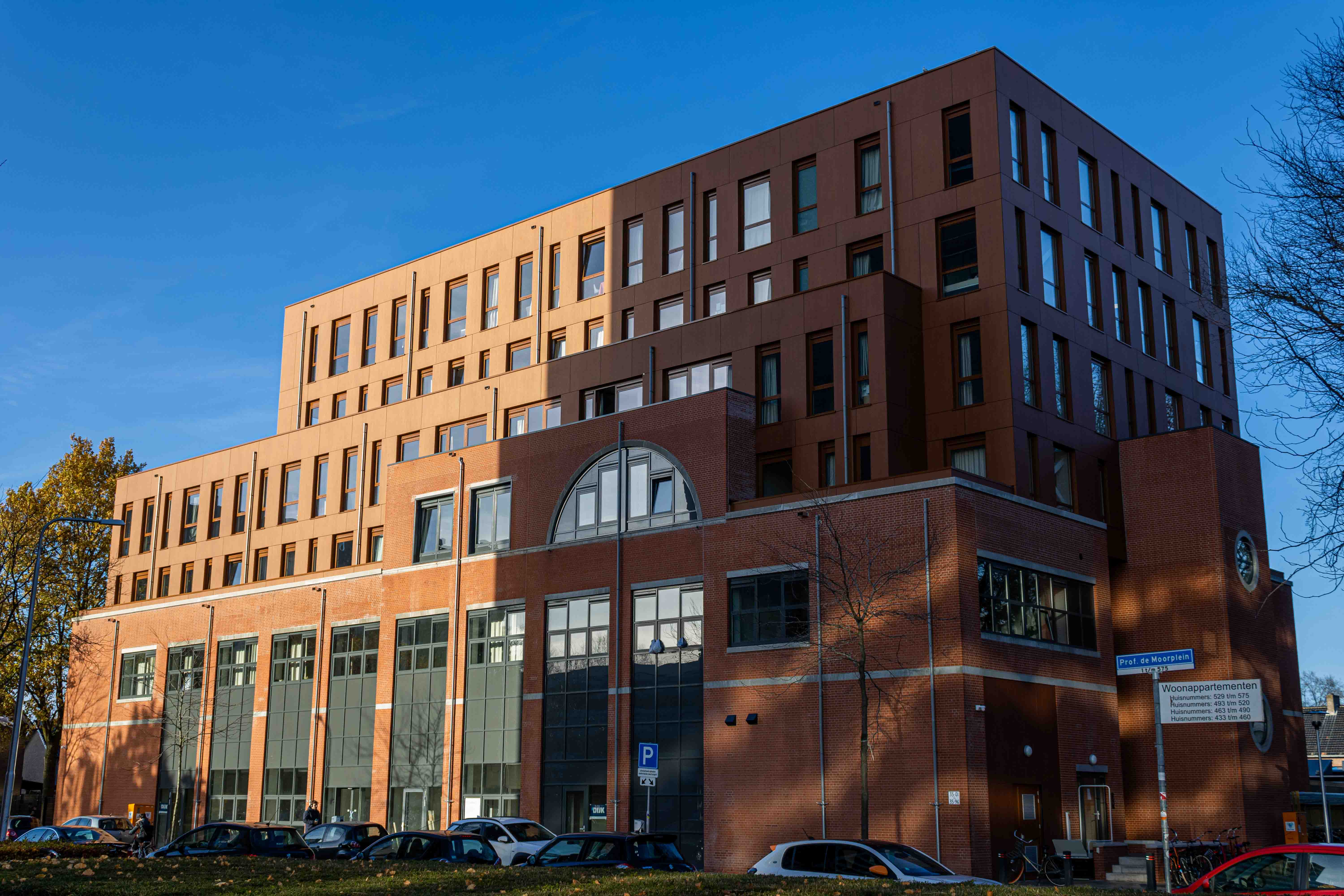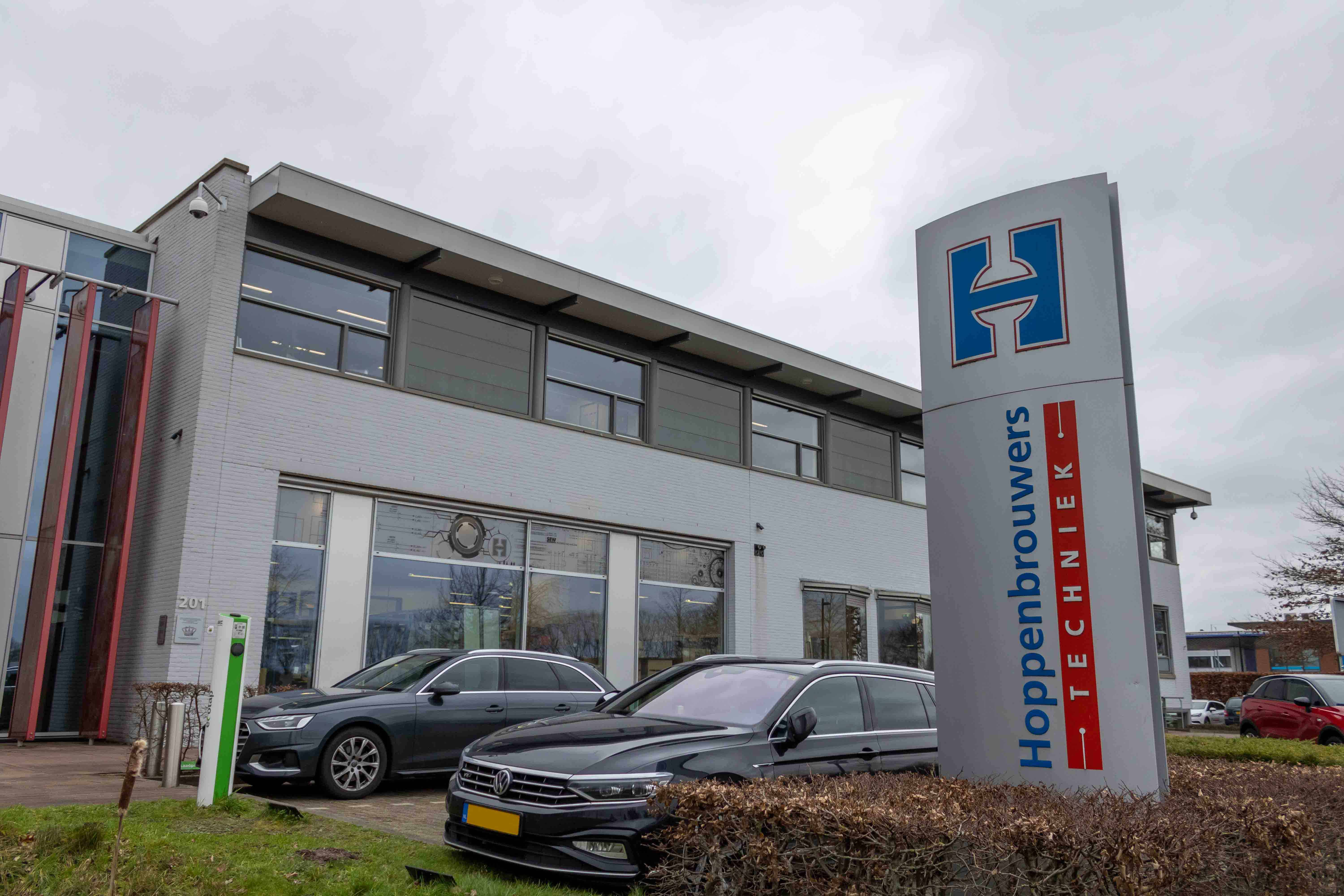
She herself never thought she would manage to last this long in the Netherlands. She came here in 1997 to study, but now Lisa Brüggen from Germany and her husband Alexander have actually been sworn in as professors at Maastricht University. She as a professor of financial services, he as a professor of management control.
Not that Lisa came from very far. Although she moved five times before her tenth birthday, she cites Niederrhein in Germany, across the Dutch border close to Venlo, as her place of origin. Brüggen combines her work at the faculty of the School of Business and Economics with her research at the Brightlands Institute for Smart Society (BISS), an institute within Maastricht University where all the faculties work together on societal challenges. It is located on the Smart Services Campus in the Dutch town of Heerlen.
ABOUT BRIGHT PEOPLE
BRIGHT PEOPLE are indispensable for making tomorrow’s world a bit more beautiful, cleaner and better. In this series we interview a prominent figurehead of the Brightlands Campuses each month. These born innovators talk about their mission and how they want to achieve it. Today we present the third edition with Lisa Brüggen.
Impact
It’s pretty quiet over there on this Monday morning in the time of corona. No matter how you look at it, a woman is and always will be quite a sight in the financial world. Of course, Brüggen is an internationally renowned expert in the fields of services marketing, financial services and pension communications. But she is also a woman, and as such, is very committed to challenging the dearth of female colleagues both at the university and in the corporate world. “Well, at least I never have to stand in line for the toilet at a conference on pensions,” she laughs. “And if I do speak, at least I get people’s attention.” But she will not neglect, if at all possible, to explain that diversity is advisable: looking at an issue from as many sides as possible only benefits the eventual solution.
Not that she would ever label herself combative. “My sister always says my ascendant is Libra. I need time to think about things properly.” For example, on how to improve people’s financial well-being – potentially through the use of artificial intelligence, because that is what she is doing research on at BISS. It is precisely this combination of scientific research, social impact and collaboration with government and civic organizations that makes her happy. “I can share my knowledge but also put it into practice this way.”
Tough
She initially chose science. “The tricky thing about an academic career is that at the beginning of your career you have to be able to show that you excel in a lot of different areas: being a good teacher, publishing, bringing in money. But that is also the period when, as a woman, you have children if you want children. That’s pretty tough – in the meantime, my daughters are 11 and 13,” Brüggen says.
“During the period that I was on maternity leave, I had very little time for my research and you were definitely penalized for that,” she continues. “I even considered quitting and going into business. I thought it was very unfair that quantity was the main thing that was looked at, while, in my opinion, quality says something about what you achieve within a certain period of time. So that became one of the driving forces behind my commitment to diversity. To make sure that the policy for young women becomes fairer.”
Moving in the right direction
Meanwhile, she sees that things are going in the right direction. The deans, as well as the outgoing president of the Executive Board Martin Paul and Rector Magnificus Rianne Letchert, do not think any differently. “My own faculty is still lagging behind the most, but things are starting to shift there as well. It all takes a little longer than expected, but these are long-term processes.”
She cites an example. “We recently became one of the national AI hubs, the AI hub Brightlands, where we are bringing together knowledge about artificial intelligence to solve social and economic challenges in Limburg. I’m in the financial services working group, which numbers about thirty people. And now try and guess how many women there are? I am the only one! Hello, it’s 2021 folks! All of those organizations that are not diverse are missing out on huge opportunities. The more diverse a team is, the better it performs.”
AI Hub and ELSA Lab
Lisa Brüggen has been involved with the Brightlands campus in Heerlen for two years so far. “Since it became clear that the campus is going to be an AI hub, some wonderful initiatives have sprung up within a very short time. We have just submitted a grant application for an ELSA lab.” In it, ethical, legal and social aspects of innovation are examined and improved where possible. The ELSA Lab at AI hub Brightlands combats poverty and debt with the help of artificial intelligence.
Brüggen: “From within BISS, managing director Judith Kamalski and I worked very intensively with Brightlands’ CEO Astrid Boeijen and especially with Pieter Custers from her team, who created that ecosystem. We wrote the content proposal as part of the interdisciplinary team at BISS and also brought in Zuyd University of Applied Sciences and the Open University. There’s a really nice dynamic there, we have gotten closer to each other in a good way. I think we can manage to ensure that many parties from Limburg, Belgium and Germany, from start-ups to very large parties, find a place there where they can both gain and share knowledge. And be able to innovate and develop new things together. The ELSA lab is one example of this. Another thing we are working on together with the other campuses is data and digitalization. That runs across all organizations and sectors.”
Read more about Brightlands here
So how can this ELSA Lab contribute to solving problematic debt and eradicating poverty? “Using data science and artificial intelligence, as much data as possible is collected which is linked and analyzed in an ethical and legally responsible way. So that problems can be tackled more efficiently.”
Dutch childcare benefits scandal
Brüggen points to the Dutch childcare benefits scandal. “We see that bureaucratic organizations are often far removed from its citizens. They think mainly in terms of processes and regulations. The human dimension is missing. You hear that everywhere now. The idea is to use virtual reality to give policymakers a much better understanding of what it means for citizens to live in debt or poverty. So, in very concrete terms, we want to use virtual reality or some other simulation technique to facilitate that experience for policymakers. It is completely different from watching a film about poverty or looking up statistics about the burden of debt or reading a policy document. By using virtual reality, you are immersed in that situation and it does something to you.”
I try to contribute to the education of assertive and critical citizens.” Lisa Brüggen
Critical
What – apart from knowledge – is the most important thing that she wants to pass on to her students? “I’m realizing more and more now that it’s not about knowledge because that changes all the time, it’s more about a critical way of thinking. What I really like about Maastricht University is the problem-oriented education it offers. What you need to learn is: I see a situation here, what is the problem? How can knowledge make that clear and help find a solution? I try to contribute to the education of assertive and critical citizens and I try to pass on to them a sense of awareness and ethics. Pause for a bit, take a moment to think about the consequences, adopt a critical attitude.”
That attitude also comes in handy where one of her specialties is concerned: communication about pensions. Lisa Brüggen is an expert in the field of pension communications. “The Netherlands has the best pension system in the world. Consequently, people always have the idea that things will work out with their pension. For a lot of people, it’s pretty well taken care of, at least if you work full-time as an employee. But the labor market has changed. As a self-employed person, you have to start as early as possible. The later you start, the more money you will have to put in. Something really needs to be done for that large group of self-employed people. But that is a thorny discussion in The Hague.”
Pension provision
She really only fell for the financial world when she could put a social spin on it. Like pension provision. “I thought: this is really interesting, because everyone hopes to grow old and maybe still has some nice future plans. It’s just that we don’t start to realize that until we reach the age of 45. But my interests are broad and so I progressed from pensions to financial decisions. What I like so much about BISS and the campus is that we don’t only look at things from an economic viewpoint, but there are also ethicists and philosophers here who ask questions. About the debt problem, for instance. Just the simple question of why we want to think about poverty is also relevant. Because the answer has political consequences, for one thing. And then what do those entail?”
Will she be spending her retirement in the Netherlands?
“My husband and I are walking the same career path. In the beginning, we thought we would go back to Germany. But no, we really like it here. It’s a beautiful region and we really appreciate the academic climate. At German universities, the interaction is much more formal and professors are kinds of demigods. There, the academic ranks are much more dependent on a professor, while over here you have much more autonomy and can still work together a lot. And we also particularly like the epicurean lifestyle of Maastricht, good food and a nice bottle of wine.”







